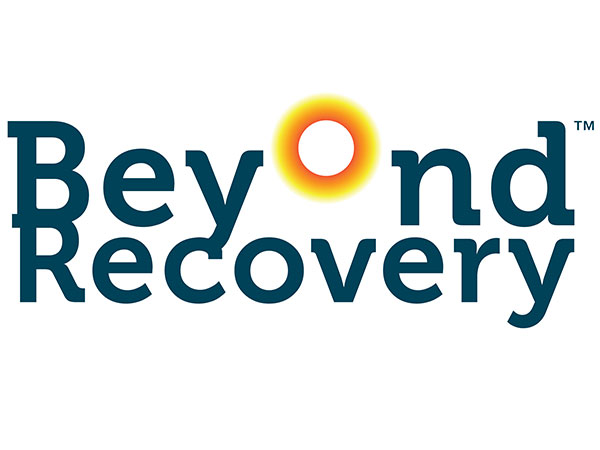
Select Page
EVIDENCE OF IMPACT
Beyond Recovery is committed to providing the most effective service we can and all our work is rigorously evaluated to help us continuously improve it. We recently evaluated our work at an English prison (HMP Onley) to see whether it succeeded in improving the mental health and behaviour of the prisoners participating in the programme. The results were impressive and were published in the International Journal of Offender Therapy and Comparative Criminology.
The programme comprised of one 3-hour session per week for 10 weeks and Beyond Recovery ran six of these programmes. 75 prisoners started the programmes and 53 completed the full course – the others dropped out, were transferred to other prisons or were released.
For an extended summary of the independent evaluation of our work with prisoners at HMP Onley click the button.
The research set out to test whether the programme worked in eight areas. The first two of these relate to our 3 principles model − whether the prisoners on the programme showed a significant increase in Thought Recognition (TR) and Inmate health via a clear mind (IHCM). The other six measured the impact of the programme on: Mental well-being; A sense of purpose in life; Depression; Anxiety; Anger and behaviour in prison.
The research compared how the 53 prisoners who completed the programme performed against these eight measures compared with a “control group” which consists of 39 individuals who were on the waiting list programme.
The first seven of these factors were measured by a range of standard psychological surveys, all of which have been proven to be reliable in measuring psychological behaviour change, and all of which were administered to the 92 (53 participants and 39 on the waiting list) individuals in the study both before and after the programme.
The results of these tests were that prisoners who participated in the programme improved in six of the seven key factors which were measured by psychological tests:
Improved behaviour was also recorded by prison staff with 16 participants being formally transferred to better living conditions as a result of improved behaviour compared with just three from the control group.
The conclusion of this study is that Beyond Recovery’s work is effective in a prison setting, resulting in improved mental well-being and behaviour.
The full title of the study is: Kelley, Hollows, Lambert, Savard & Pransky (2017) Teaching Health Versus Treating Illness: The Efficacy of Three Principles Correctional Counseling with People in an English Prison International Journal of Offender Therapy and Comparative Criminology 1–26.
You can read it for yourself here.
We are not currently permitted to film prisoners’ feedback on the service they receive from Beyond Recovery. But you will get a good sense of the impact of the programme by watching the video below which is a short round-up of the impressions of Three Principles practitioners who have visited the HMP Onley programme.
OUR WORK